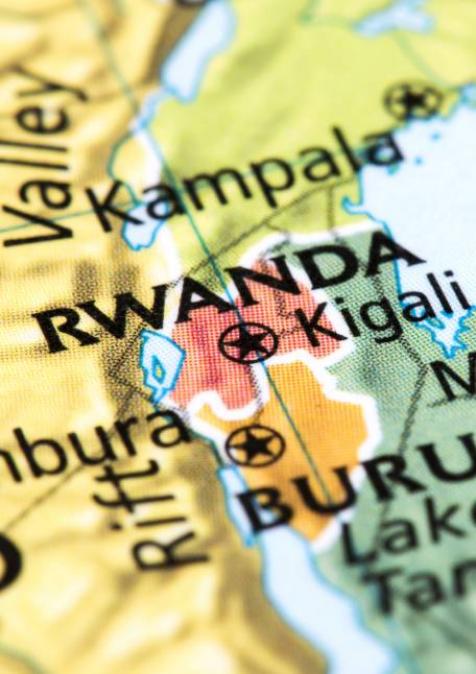8560 kilometers to Berlin. The capital of Hitler-Germany, where advisors of the dictator prepared a sinister scheme. Madagascar was the project, the French colony, located 230 miles off the African continent, in the southwestern Indian Ocean, to be precise. Europe’s Jews would be transferred to the African island, one million citizens each year. In four or five years the undesired population would have been settled in a police state governed by the inhuman SS, Hitler’s beloved troop ...






